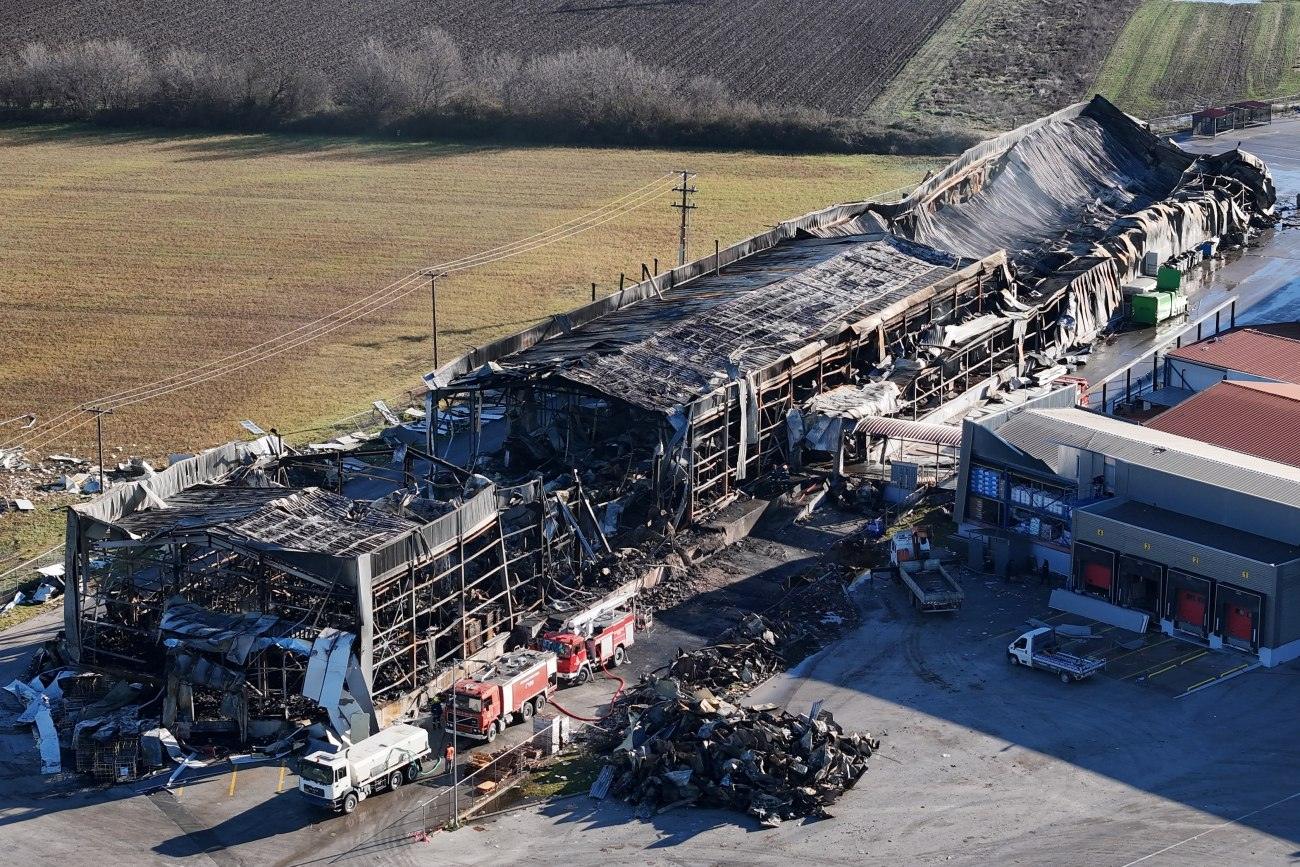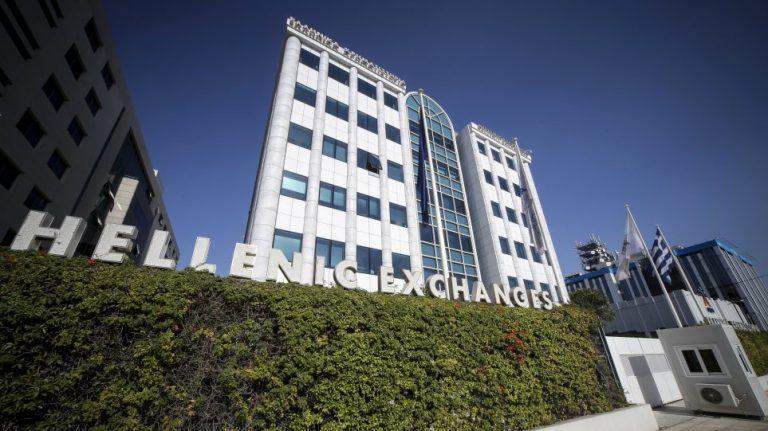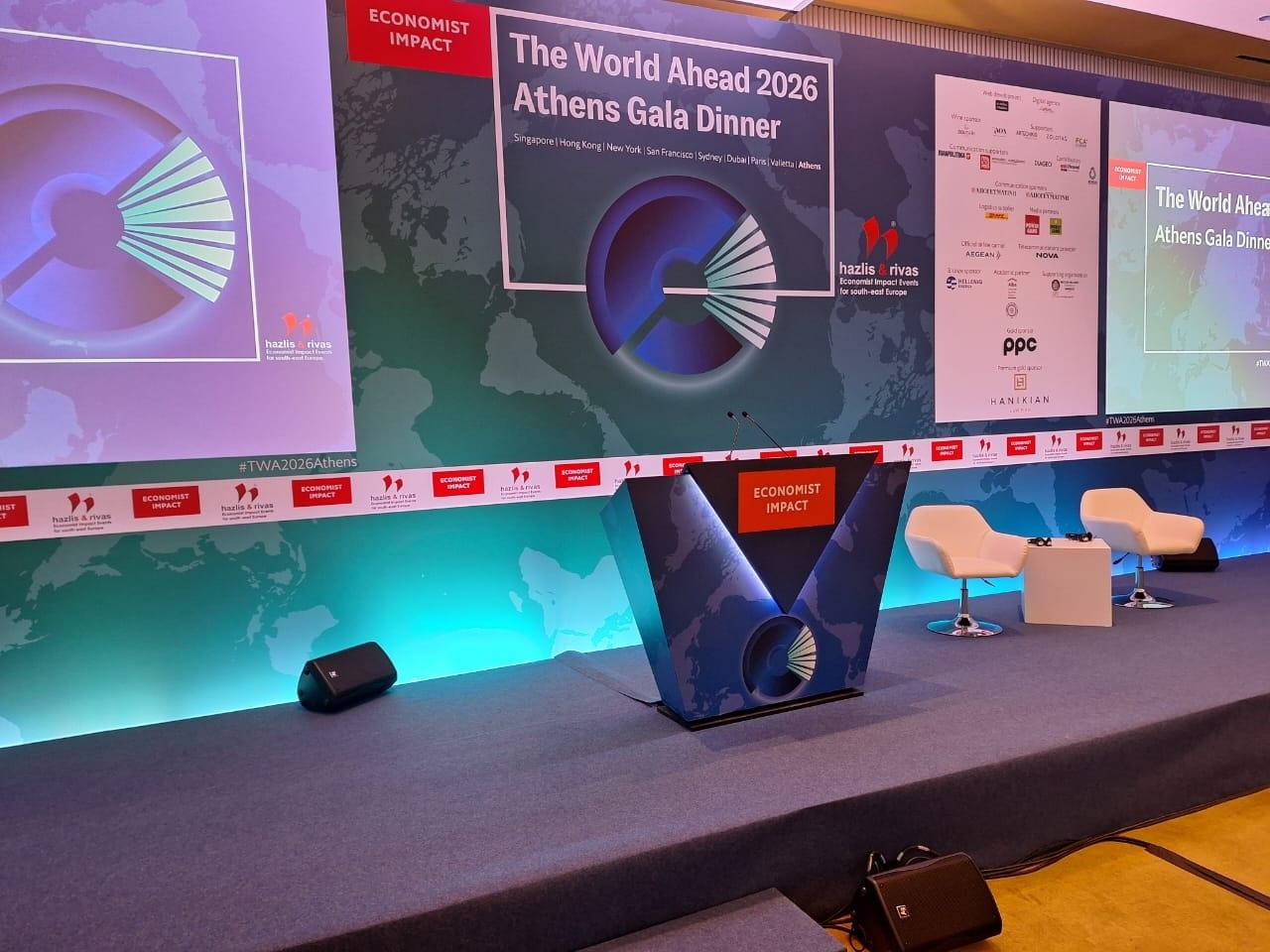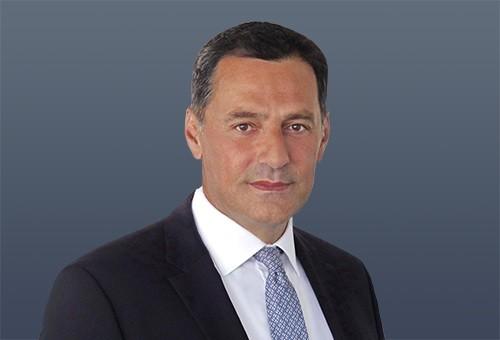According to a new report by the World Economic Forum, (WEF), roughly 70% of Greek workers are expected to require reskilling or retraining by 2030 to retain their jobs or secure new employment.
The WEF report, entitled “The Future of Jobs 2025”, says that a global shift in the workplace will result in the loss of 92 million jobs, but 170 million new positions are forecast to be created, leading to a net positive of 78 million jobs across the globe.
A standout finding for Greece is that the majority of employers (63%) recognize the “increased focus on social and workplace issues” as a key driver of business transformation over the next five years. This figure significantly surpasses the global average of 46%.
While interpreting these findings can be speculative, one thing becomes apparent: employers are acutely aware that purchasing power in Greece has declined to levels below even Bulgaria. Although worker demands have waned following a series of setbacks, the next five years are expected to bring significant challenges and transformations. Employers anticipate this turbulence, but the question remains whether workers will also rise to the occasion.
One of the most striking pieces of information related to Greece, among the WEF report’s insightful details, about Greece is related to a forecast that by 2030, over one-third (36%) of all tasks will primarily be performed by machines.
Currently, 26% of tasks in Greece are machine-driven, a figure higher than the global average of 22%. Importantly, the report refers to specific work tasks rather than entire professions. Another 35% of tasks will involve human-technology collaboration, while only 28% will be performed primarily by humans, down from 45% today.
By 2030, six in ten workers in Greece are expected to have upgraded their skills, while one in ten will be left “out of the race.”
This data challenges the common perception that Greece lags in automation compared to the global average. For instance, in Germany, the industrial heart of Europe, 34% of tasks are predicted to be primarily technology-driven by 2030—a lower rate than in Greece. Conversely, humans in Germany are expected to handle 31% of tasks, a higher proportion than forecasted for Greece.
These figures underscore Greece’s potential to embrace automation at a pace surpassing some of its European counterparts, highlighting the transformative changes ahead in the country’s labor market.





































